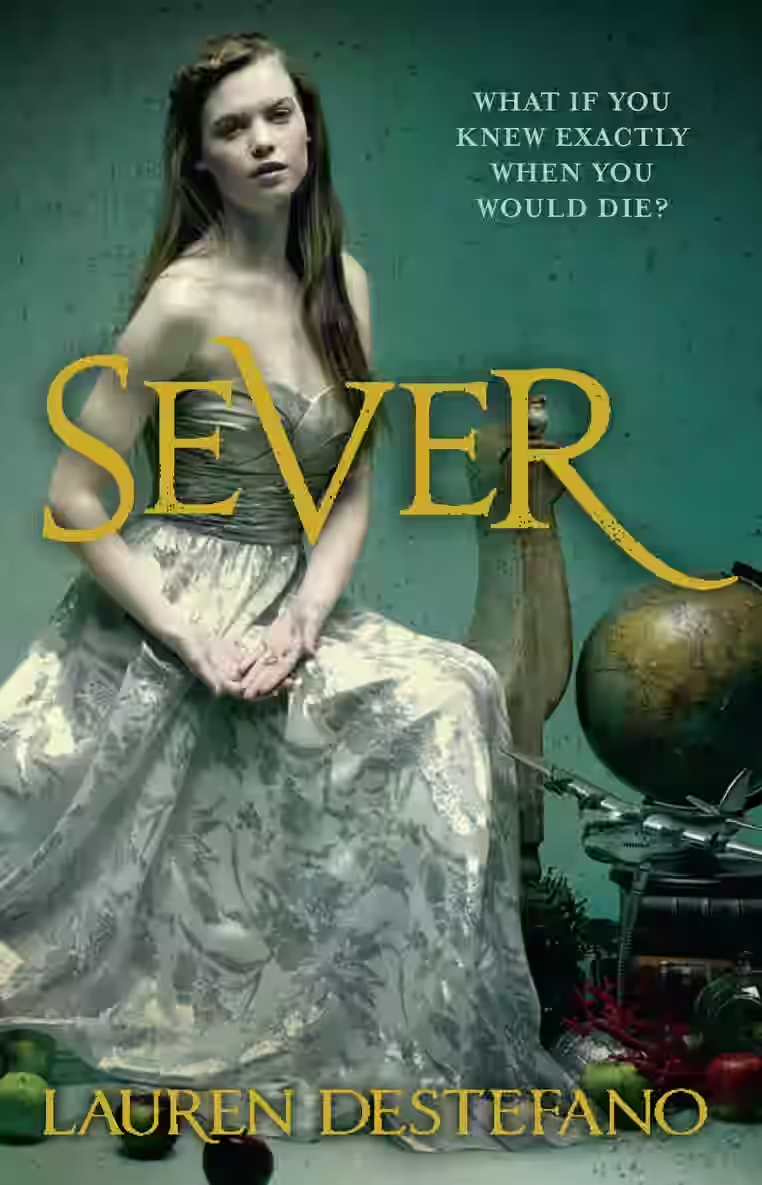
In 'Sever,' the final installment of Lauren DeStefano’s Chemical Garden Trilogy, readers are drawn into a world where hope emerges amidst bleakness. The protagonist, Rhine, continues her quest for freedom as she confronts the malevolent forces that have kept her captive. Set against a dystopian backdrop, the narrative delves into themes of survival, loyalty, and the quest for autonomy. DeStefano masterfully intertwines a gripping plot with emotional depth, providing satisfying closure to the trilogy. Through elegant prose and well-developed characters, 'Sever' explores the resilience of the human spirit and the complexities of love and sacrifice, leaving a lasting impression.
About Chemical Garden Series
Lauren DeStefano’s Chemical Garden trilogy—Wither, Fever, and Sever—is set in a haunting dystopian future where genetic engineering has drastically shortened human lifespans: women die at 20, men at 25. Sixteen-year-old Rhine Ellery is kidnapped and forced into a polygamous marriage with a wealthy young man. As she navigates this gilded prison, she plots her escape and searches for her twin brother. The trilogy explores themes of survival, bodily autonomy, scientific ethics, and rebellion. DeStefano crafts a richly atmospheric world filled with emotional tension, raising questions about love, freedom, and the consequences of unchecked technological ambition.
About Lauren DeStefano
Lauren DeStefano, born on October 13, 1984, in New Haven, Connecticut, is a renowned American writer celebrated for her enthralling contributions to the young adult dystopian and science fiction genres. DeStefano skyrocketed to literary fame with her debut novel 'Wither', released in 2011, which is the first installment of the Chemical Garden Trilogy. Known for her vivid world-building and gripping narratives, the trilogy captivated readers with its exploration of complex themes such as genetic engineering and societal decay. Beyond this, DeStefano has continued to enchant audiences with series like 'The Internment Chronicles' and 'The Glass Spare duology', demonstrating her versatility and prowess in crafting imaginative realms. Her works have garnered critical acclaim for their originality and depth, solidifying her influence in contemporary young adult fiction. DeStefano’s contributions continue to resonate with readers worldwide, cementing her status as a compelling voice in modern literature.
Other Books by Lauren DeStefano
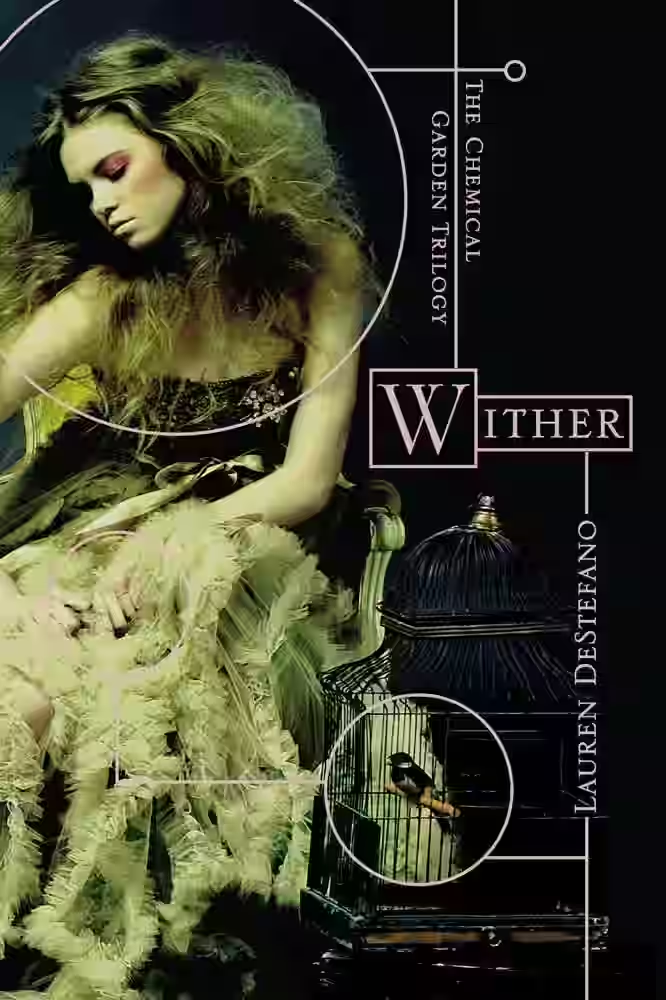
Wither
Series: Chemical Garden (#1)
In 'Wither,' the first book of The Chemical Garden Trilogy by Lauren DeStefano, readers are transported to a dystopian future where genetic experiments have shortened human lifespans to merely two decades for females and twenty-five years for males. Young Rhine Ellery, abducted at sixteen to become a bride in a polygamous marriage, navigates this haunting world with resilience and determination. DeStefano intricately weaves themes of oppression, survival, and the desire for freedom against a backdrop of moral decay and societal control. With its intensely atmospheric writing and a foreboding sense of urgency, the novel engages and challenges its audience to ponder the ethical dilemmas of scientific advancements.
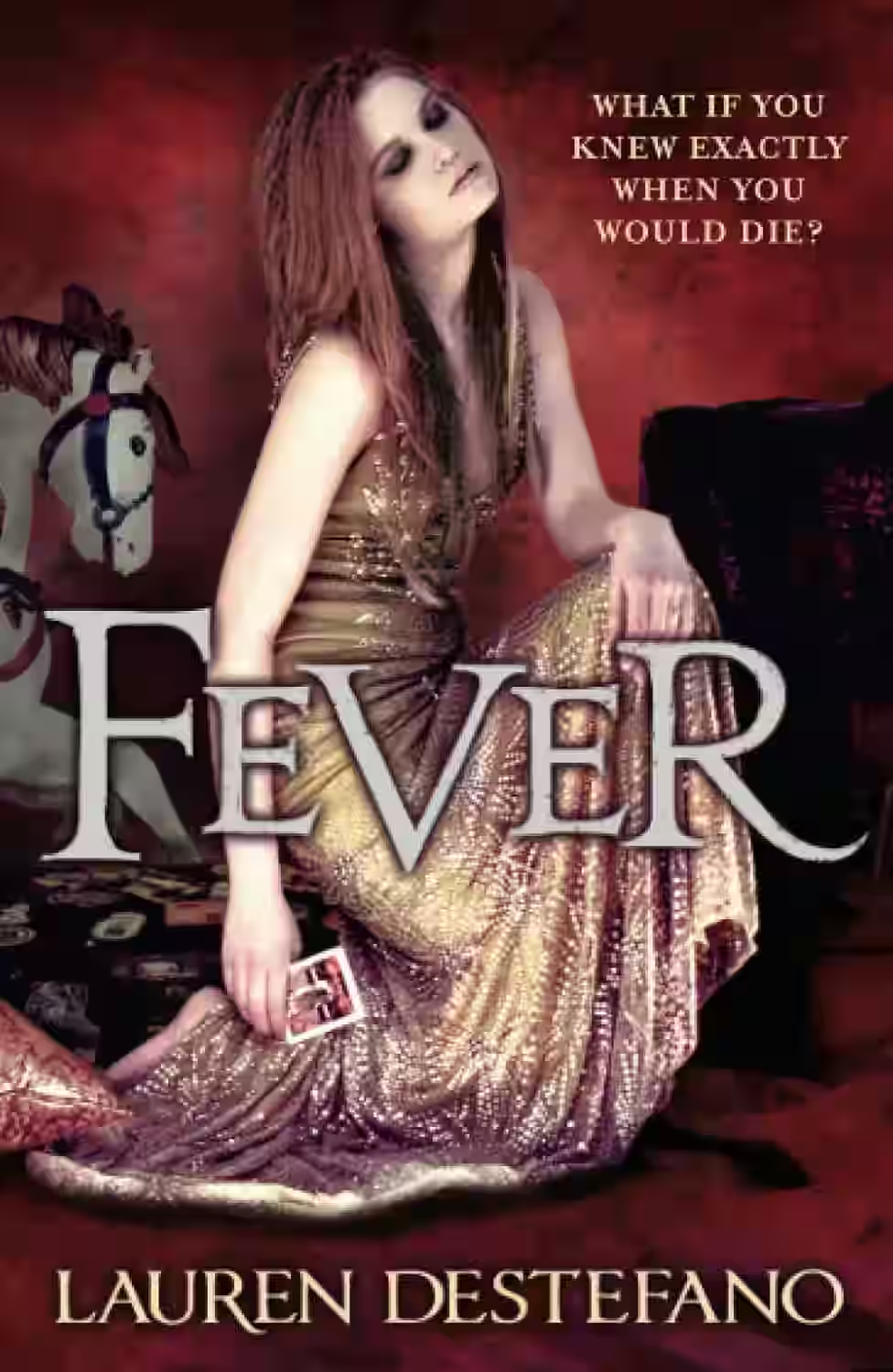
Fever
Series: Chemical Garden (#2)
In 'Fever,' the gripping second installment of Lauren DeStefano's 'The Chemical Garden' trilogy, the story picks up with Rhine Ellery's daring escape from a polygamous marriage and the opulent mansion that housed her. Transitioning from a life of captive luxury to a fugitive on the run, Rhine, alongside companion Gabriel, confronts a world ravaged by a genetic virus that limits human longevity. DeStefano skillfully blends dystopian themes with a harrowing journey of survival, human trafficking, and societal decay. Her vivid descriptions and emotional depth captivate readers, drawing them into a narrative that explores freedom's cost and the fierce will to resist oppression. Overall, 'Fever' delivers an intense exploration of resilience and the fight for autonomy in a crumbling world, crafting a memorable tale with wide emotional impact.
Similar Books
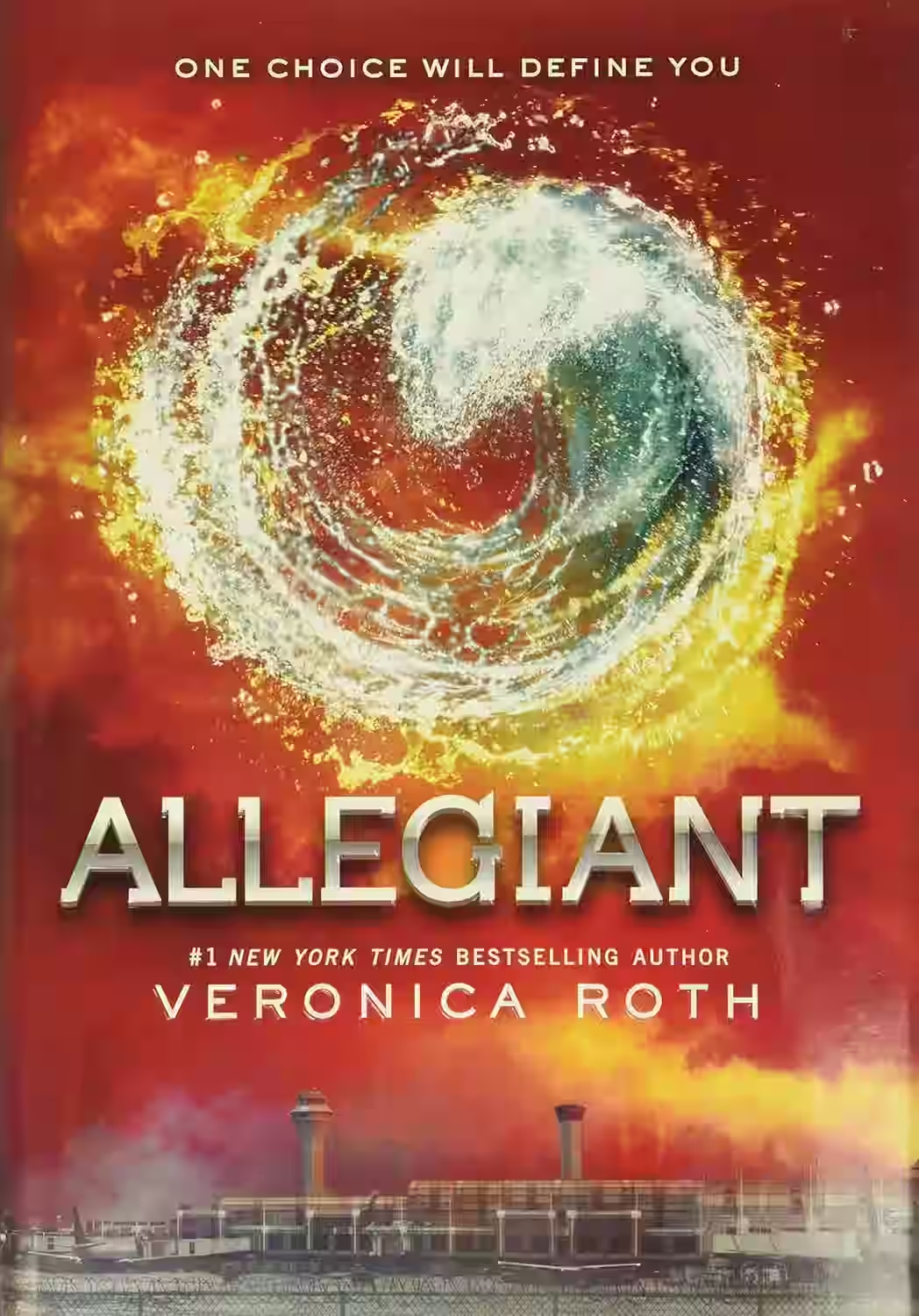
Allegiant
Series: Divergent (#3)
In 'Allegiant,' Veronica Roth concludes her dystopian Divergent trilogy, diving into the political and social upheaval faced by Tris Prior and Tobias 'Four' Eaton. As secrets about their society come to light, Tris and Tobias grapple with complex themes of loyalty, trust, and identity. The narrative explores the consequences of power struggles and the resilience required to face uncertain futures. The dual narrative provides insight into both protagonists’ innermost thoughts and motivations, enhancing the emotional depth of the story. Despite mixed reactions to its ending, 'Allegiant' evokes important discussions on sacrifice and the costs of rebellion.
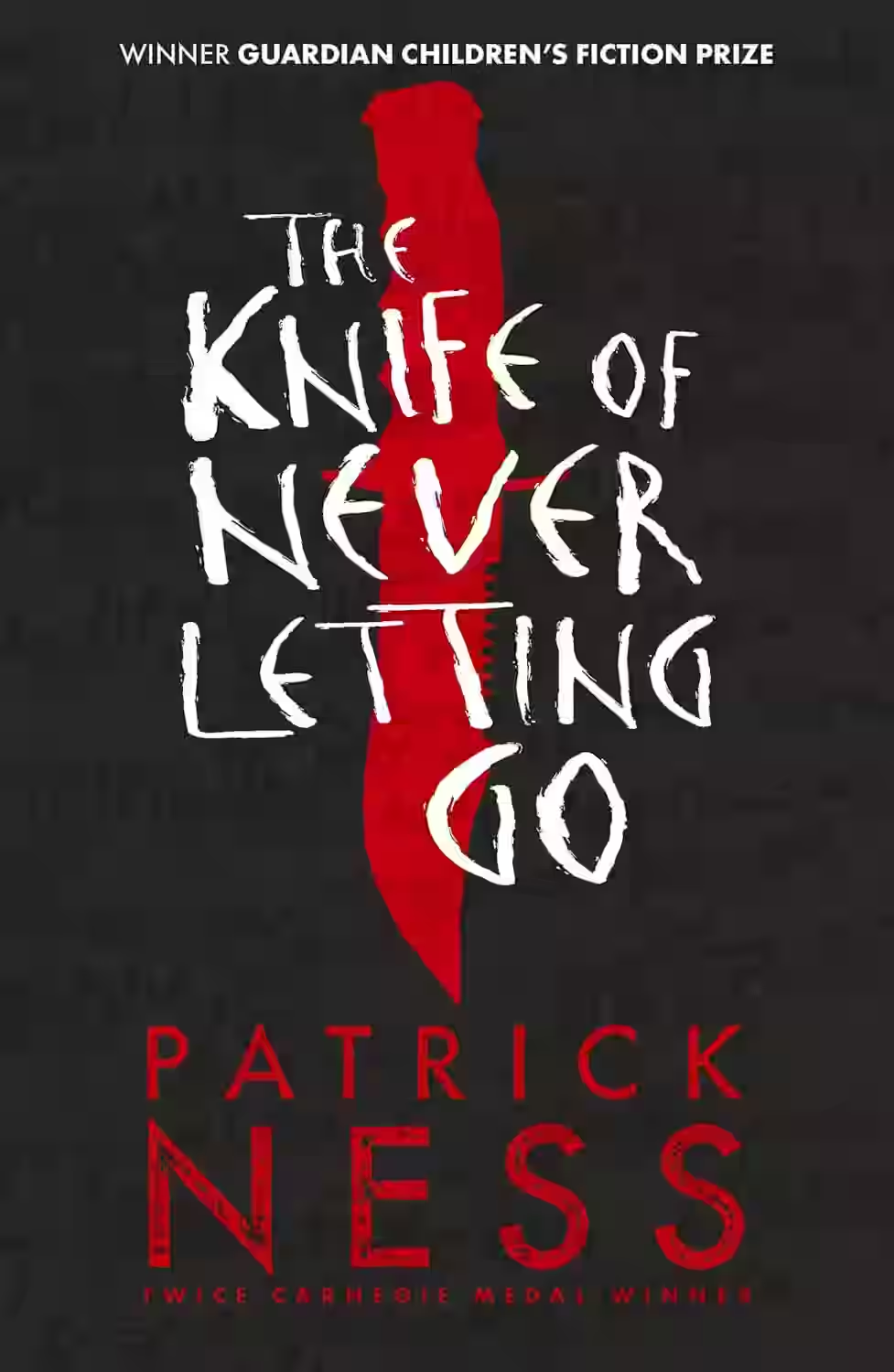
The Knife of Never Letting Go
by Patrick Ness
Series: Chaos Walking (#1)
Set in a dystopian world where every living creature can hear each other's thoughts in a constant, chaotic stream called Noise, 'The Knife of Never Letting Go' follows young Todd Hewitt as he discovers a chilling secret that sends him on the run from his seemingly utopian society. As Todd navigates this cluttered world with his loyal dog Manchee, he confronts themes of adolescence, identity, and the oppressive nature of secrets. Patrick Ness crafts a gripping narrative that explores masculinity, the perils of ignorance, and the complicated path to maturity in a novel packed with suspense and emotional depth.
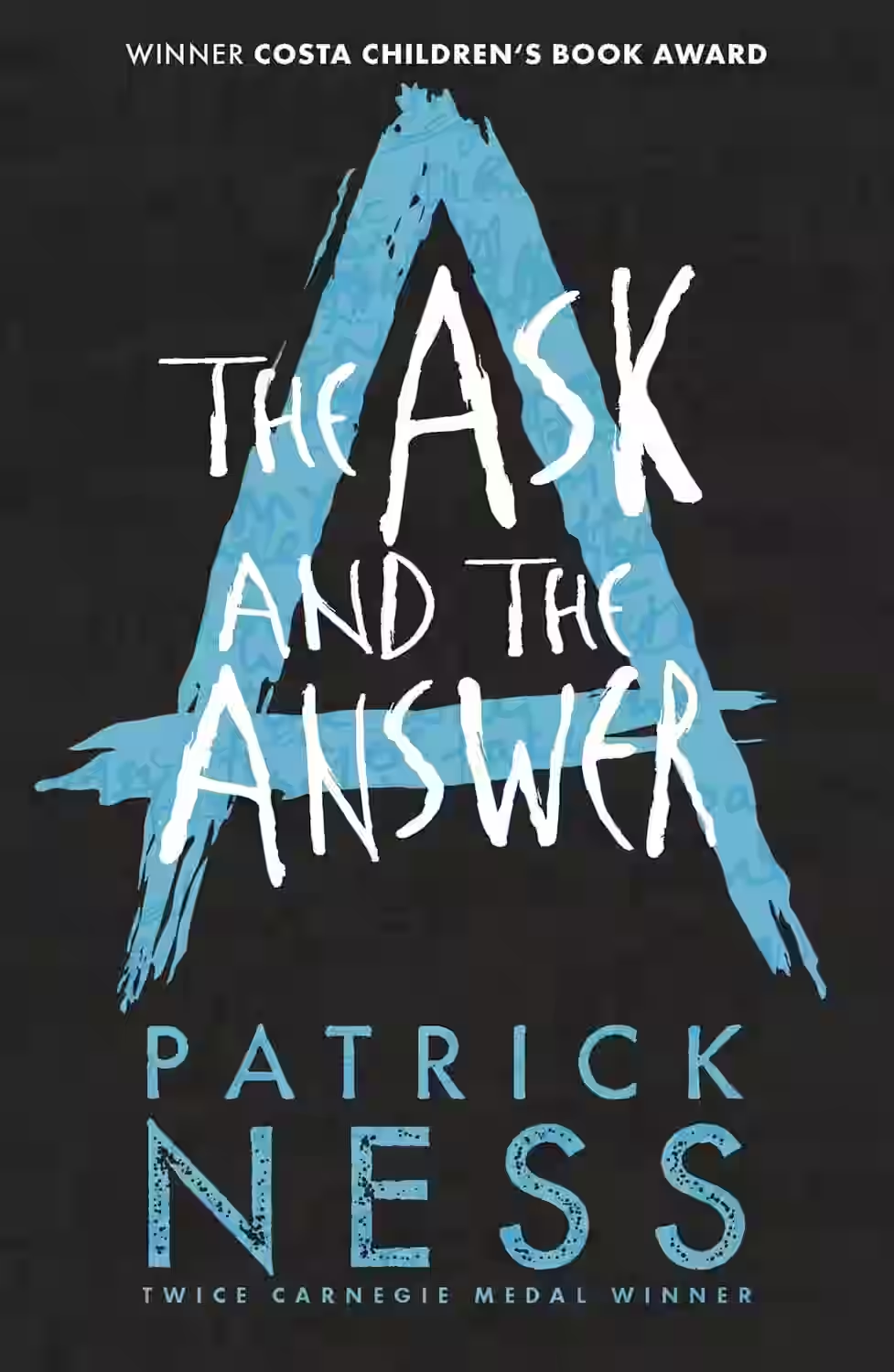
The Ask and the Answer
by Patrick Ness
Series: Chaos Walking (#2)
In 'The Ask and the Answer,' Patrick Ness delivers a gripping sequel to 'The Knife of Never Letting Go,' continuing the saga of Todd Hewitt and Viola Eade as they navigate a world rife with conflict, betrayal, and moral ambiguity. The narrative unfolds in the tension-filled setting of New Prentisstown, where oppressive control and resistance clash, forcing our protagonists to make challenging choices. The book delves into dark themes of power, identity, and resistance, emphasizing the complexity of human nature and the cost of war. Ness's deft storytelling and emotional depth underscore the impact of loyalty and courage amidst chaos, offering readers a thought-provoking journey through a dystopian landscape. This thrilling installment expands the intricate universe Ness has crafted, leaving audiences eager for more exploration.
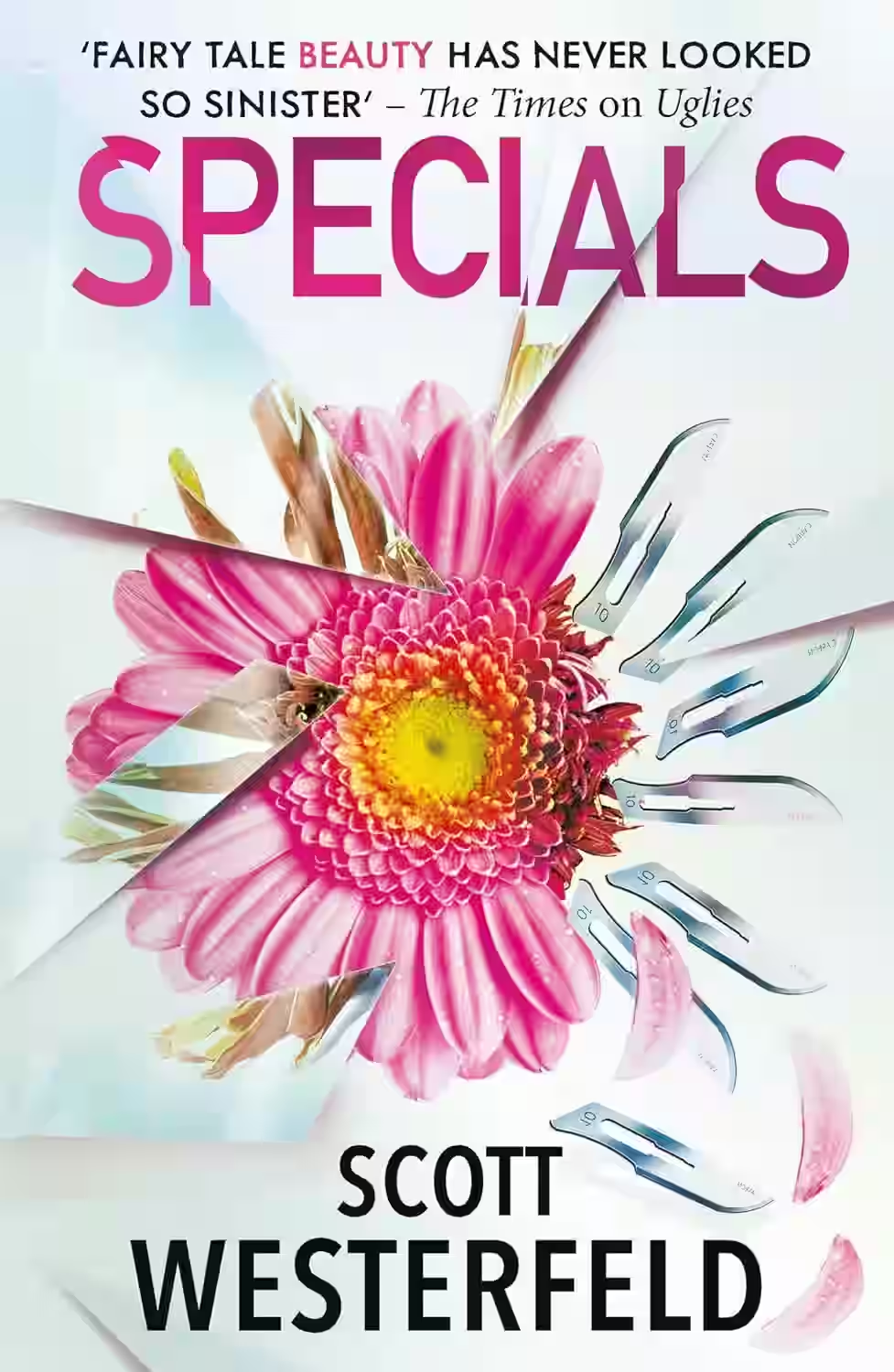
Specials
Series: Uglies (#3)
In 'Specials,' the third installment of Scott Westerfeld's captivating Uglies series, readers are thrust into a dystopian world where physical perfection and societal control are at the forefront. The protagonist, Tally Youngblood, now transformed into a 'Special' with enhanced abilities, grapples with her new identity and the moral implications of her role in maintaining government order. Themes of identity, freedom, and rebellion are intricately explored as Tally becomes increasingly conscious of the ethical dilemmas inherent in her society's structure. Westerfeld masterfully crafts a suspenseful narrative filled with action and introspection, compelling readers to ponder the cost of societal conformity and the essence of true individuality.